Històries de Bruguera (2012)
Gênero : Documentário
Runtime : 1H 20M
Director : Carles Prats
Sinopse
The history of Bruguera, the most important comic publisher in Spain between the 1940s and the 1980s. How the characters created by great writers and pencilers became Spanish archetypes and how their strips persist nowadays as a portrait of Spain and its people. The daily life of the creators and the founding family, the Brugueras. The world in which hundreds of vivid colorful paper beings lived and still live, in the memory of millions, in the smile of everyone.
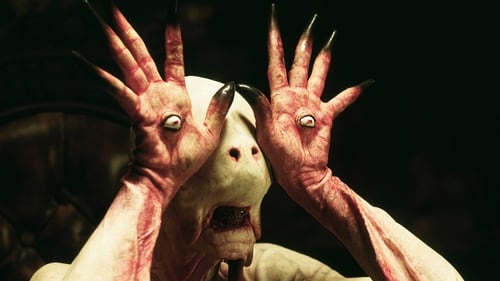
Em 1944, na Espanha, a jovem Ofélia e sua mãe doente chegam ao posto do novo marido de sua mãe, um sádico oficial do exército que está tentando reprimir uma guerrilheira. Enquanto explorava um labirinto antigo, Ofélia encontra o Pan fauno, que diz que a menina é uma lendária princesa perdida e que ela precisa completar três tarefas perigosas a fim de se tornar imortal.

Um documentário explorando 30 anos da série de filmes "Friday The 13th", apresentando todas as novas entrevistas com elenco e equipe de todos os 12 filmes e vários fãs e cineastas de terror.

Depois que Carlos, um garoto de 12 anos cujo pai morreu na Guerra Civil Espanhola, chega a um orfanato ameaçador de meninos, ele descobre que a escola é assombrada e tem muitos segredos obscuros que ele deve descobrir.
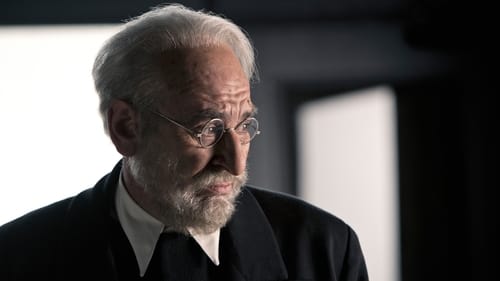
O escritor Miguel de Unamuno enfrenta a si mesmo e seus ideais após o golpe militar de 1936.
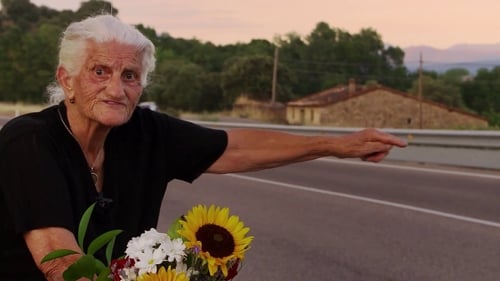
Em 1977 o parlamento espanhol aprovou uma Lei de Anistia que garantia a liberdade de todos os presos políticos e a proibição do julgamento de qualquer ato criminoso ocorrido durante a ditadura de Francisco Franco no país. O Franquismo assombrou a Espanha durante 38 anos deixando um imenso número de vítimas e parentes sem respostas. Os cineastas Almudena Carracedo e Robert Bahar foram atrás desses sobreviventes e, durante um período de 6 anos, entrevistaram pessoas como José Galantes, que hoje em dia vive muito próximo de seu torturador, e Maria Martín, que até hoje não conseguiu ter acesso aos restos mortais de seu pai, morto durante o regime.
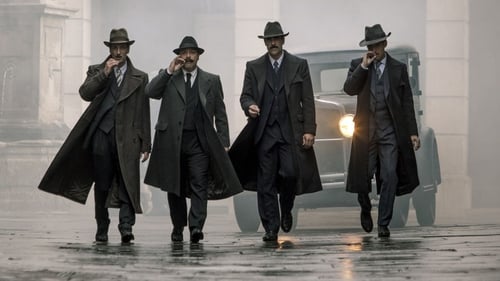
Em 1921, anarquistas e a polícia se confrontam em Barcelona. E um policial faz jogo duplo para descobrir quem roubou armas que poderiam desencadear uma guerra civil.
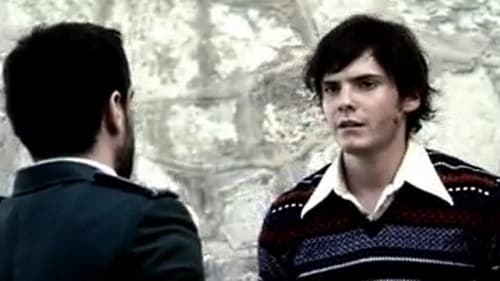
A história real do militante, assaltante de bancos e anarquista Salvador Puig Antich (Daniel Brühl), integrante do grupo Movimiento Ibérico de Liberación, cuja execução em 1974, a última realizada na Espanha com o método do garrote, instalou uma polêmica que ajudou a decretar o fim da ditadura franquista e o retorno da democracia ao país.
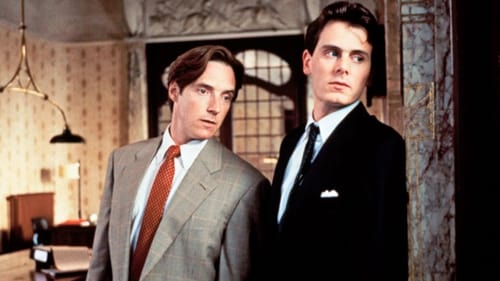
During the 1980s, uptight Ted Boynton is a salesman working in the Barcelona office of a Chicago-based company. He receives an unexpected visit from his cousin Fred, a naval officer who has come to Spain on a public relations mission for a U.S. fleet. Not exactly friends in the past, Ted and Fred strike up relationships with women in the Spanish city and experience conflicts -- Ted with his employer, and Fred with the Barcelona community.
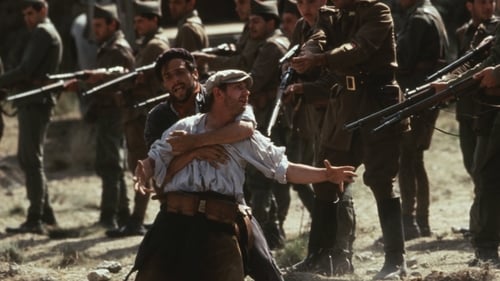
Primavera de 1936, um jovem comunista desempregado, David, deixa sua cidade natal Liverpool para se juntar à luta contra o fascismo na Espanha. Ele se junta a um grupo internacional de milícia, homens e mulheres, o POUM (Partido Obrero de Unificación Marxista). Depois de ser ferido, ele vai para Barcelona, onde decide se juntar a outro grupo de milícia. Eles permanecem em Barcelona e acabam brigando outros grupos antifascistas. David está decepcionado e decide voltar para sua antiga milícia.

Ano de 1721. Uma ideia audaciosa germina na mente de Felipe de Orléans, regente da França… Luís XV de 11 anos, logo se tornará rei, e, uma troca de princesas permitiria consolidar a paz com a Espanha, após anos de guerra, que deixaram os reinos enfraquecidos. Então, Felipe casa a filha, Mlle de Montpensier, de 12 anos, com o herdeiro do trono da Espanha, e Luís XV se casa com a Infanta da Espanha, Anna Maria Victoria, de 4 anos. Mas a entrada precipitada dessas jovens princesas na corte francesa, sacrificadas no altar dos jogos dos poderes, vai acabar com a sua tranquilidade.

When a small Utah-based edited movie company is caught sanitizing Hollywood's copyrighted material, the film industry strikes back with a devastating blow.
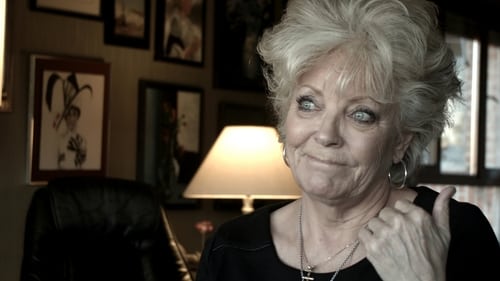
A walk through the golden age of Spanish exploitation cinema, from the sixties to the eighties; a low-budget cinema and great popular acceptance that exploited cinematographic fashions: westerns, horror movies, erotic comedies and thrillers about petty criminals.
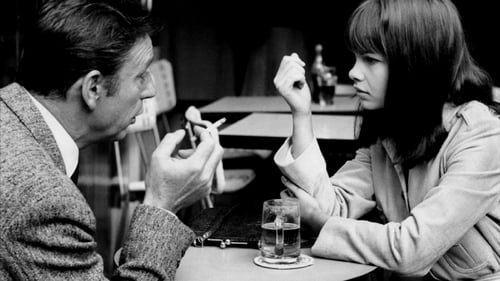
Um grupo de espanhóis refugiados na França tenta organizar protestos contra o governo em Madri. Sua rede está sob constante ameaça pela polícia espanhola e alguns deles foram recentemente presos. O personagem principal Diego (Yves Montand) dedicou toda a sua vida à batalha, mas ele se sente afastado para sempre. Ele não encontra seu lugar nem em seu país adotivo (França) nem no amor. Mas este filme não é sobre a história, é sobre estilo. Alain Resnais tem uma abordagem original neste filme e isso é o que faz com que esse filme valha a pena ser assistido. (e 14 - Estimado 14 Anos)

The life of Paco Martínez Soria (1902-1982), one of the most famous and beloved Spanish actors, both on stage and screen; a comedian, a theatrical producer, an idol for the masses. A celebration of the uncommon gift of making people laugh.

Morir en Madrid brings together several papers on the Spanish Civil War and integrates capturing different points of view, intended to represent the continuity of the suffering of the Spanish during the Franco regime. The death of Federico Garcia Lorca, Guernica, the defense of Madrid, the International Brigades, are some of the items comprised in this document.
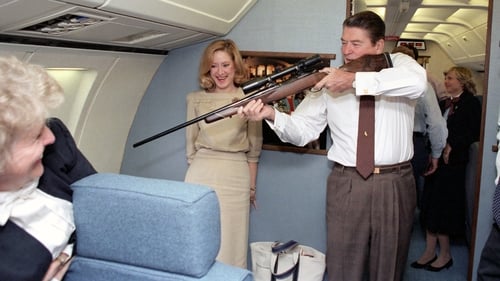
A detailed investigation into the political and economic interests that, since the beginning of the 20th century, have pulled the strings of the arms trade, hidden in the shadows, feeding the shameful corruption of politicians and government officials and promoting a state of permanent war throughout the world, while they cynically asked for a lasting and universal peace.
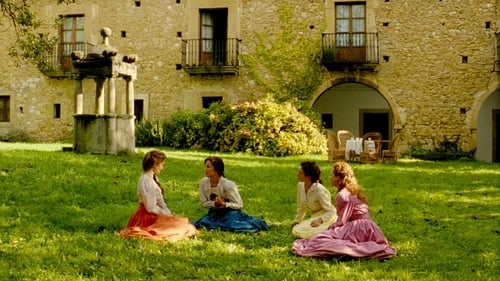
The small Asturian village of Cenciella, Spain, at the beginning of the twentieth century. The quiet life of Urbano and Estrella, a kind and naive couple in love, is seriously altered when they get involved in the fierce struggle between the local political factions.
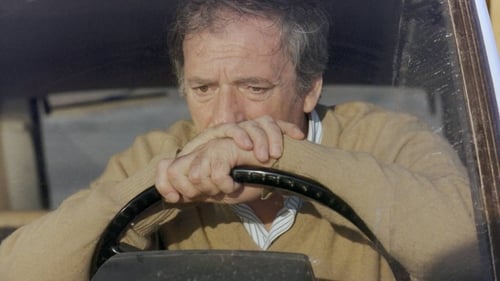
France, 1975. Jean, an exiled Spanish Communist, is a successful screenwriter who, after a tragic event, struggles with his political commitment, his love for his country, under the boot of General Franco, whose death he and his comrades have waited for years, and his complicated relationship with his son. (A sequel to “The War Is Over,” 1966.)

Through the conversation with Yugoslav film authors and excerpts from their films, this documentary film tells a story of a film phenomenon and censorship, and its focus is, in fact, a painful epoch of Yugoslav film called “a Black Wave”, which was the most important and artistically strongest period of Yugoslav film industry, created in the sixties and buried in the early seventies by means of ideological and political decisions. The film tells a great “thriller” story of the ideological madness which characterised the totalitarian psychology having left multiple consequences felt up to our very days. It stresses similarities between totalitarian regimes defending their taboos on the example of the persecution of the most important Yugoslav film authors. Those film authors have, however, made world careers and inspired many later authors. The film is the beginning of a debt pay-off to the most significant Yugoslav film authors.
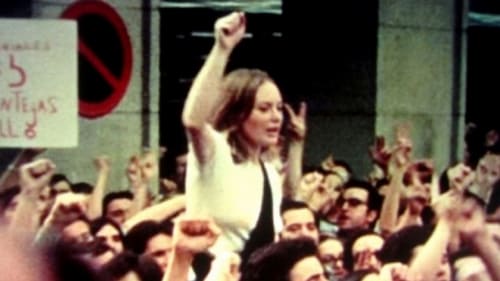
How does a country go from a dictatorship to a democracy? A detailed report on the political representation in the heart of the Spanish Transition, only a few months after General Franco’s death, when the sincere democratic vocation of Spanish people must effort to destroy, one heavy brick after another, the wall that those who supported the dictatorship and those who fought it from the exile built with resentment, hatred and prejudices.



















